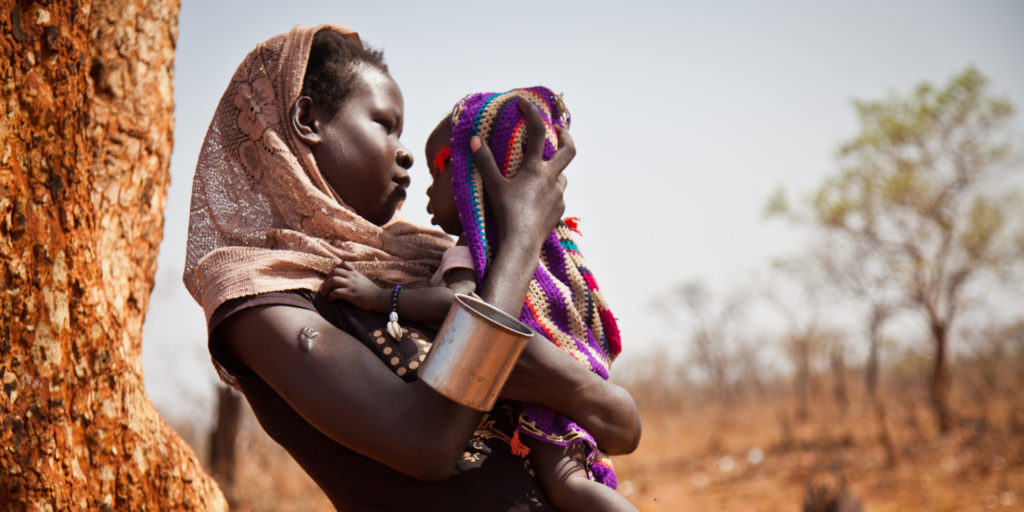
Rights group Amnesty International released a new report on Monday which found sexual violence in the world’s newest country was rampant and torture perpetrated by South Sudan’s government and the opposition.
Amnesty’s report said that thousands of South Sudanese people have been raped in ethnically-charged sexual attacks in the ongoing conflict, and are now battling mental distress and stigma with nowhere to turn for help.
The report revealed how government and opposition forces have committed horrific acts of sexual violence against thousands of people across the country since hostilities began in December 2013. It also documented the devastating physical and mental implications this is having on communities across the country.
The South Sudanese government had failed to hold perpetrators to account, Amnesty said, and many survivors were feeling unsafe to report what had happened to them, especially if they were accusing a government official.
Amnesty said its researchers interviewed 168 victims of sexual violence, including 16 men across four states in South Sudan, as well as in three refugee settlements in northern Uganda.
In some cases, the rights group said, the attackers killed the women after they had raped them. It added that civilian men and boys have also been attacked, and are particularly at risk of sexual violence while in custody. “Some have been raped, others castrated or had their testicles pierced with needles,” the report stated.
Amnesty called on the South Sudanese government to take urgent action to halt the widespread sexual violence, to make sure those responsible are held to account, and to ensure survivors receive the medical and psychological support and justice they deserve.
Unending suffering
The report found that some rape survivors are suffering from fistula and bowel incontinence while men have been rendered impotent.
Jokudu, a 19-year-old woman, told Amnesty that she was brutally raped by five government soldiers near Yei town in December 2016. Jokudu pointed out that she is now unable to control her urine and bleeds frequently.
Nyabake, 24, was gang-raped by government soldiers at a checkpoint in Juba in July 2016. She said she can no longer sleep for more than three hours a night because of nightmares. She said she always feels the soldiers are coming back.
Sukeji was gang-raped by three government soldiers in Kajo Keji in August 2016 in front of her two children. She said, “I do not want to remember but sometimes it just comes in my mind and I cry. Sometimes I wonder whether my children have this in their memory. When they grow up, what will they think of their mother?”
Nyagai, who was gang-raped by government soldiers in Juba in July 2016, lost her religious faith after her assault. She said she stopped going to church after she was Jacob, whose wife Aluel, was raped in front of him by fighters of the Sudan People’s Liberation Movement – In Opposition (SPLM-IO) – in Juba in July 2016, says he has contemplated suicide.
Amnesty said that the international community had lots of leverage and that it should use it to pressure governments to act.
Government and opposition officials could not immediately be reached for comment.
